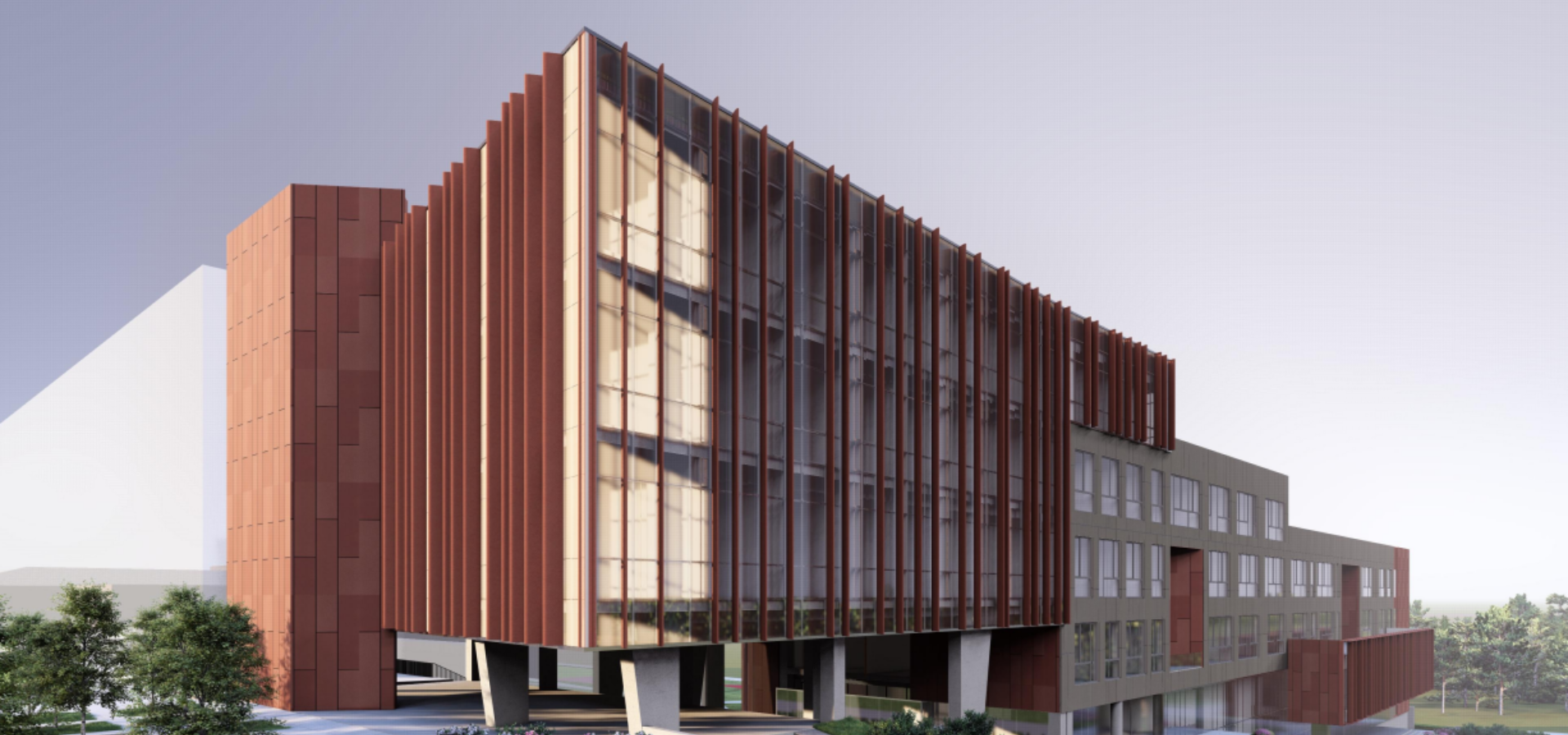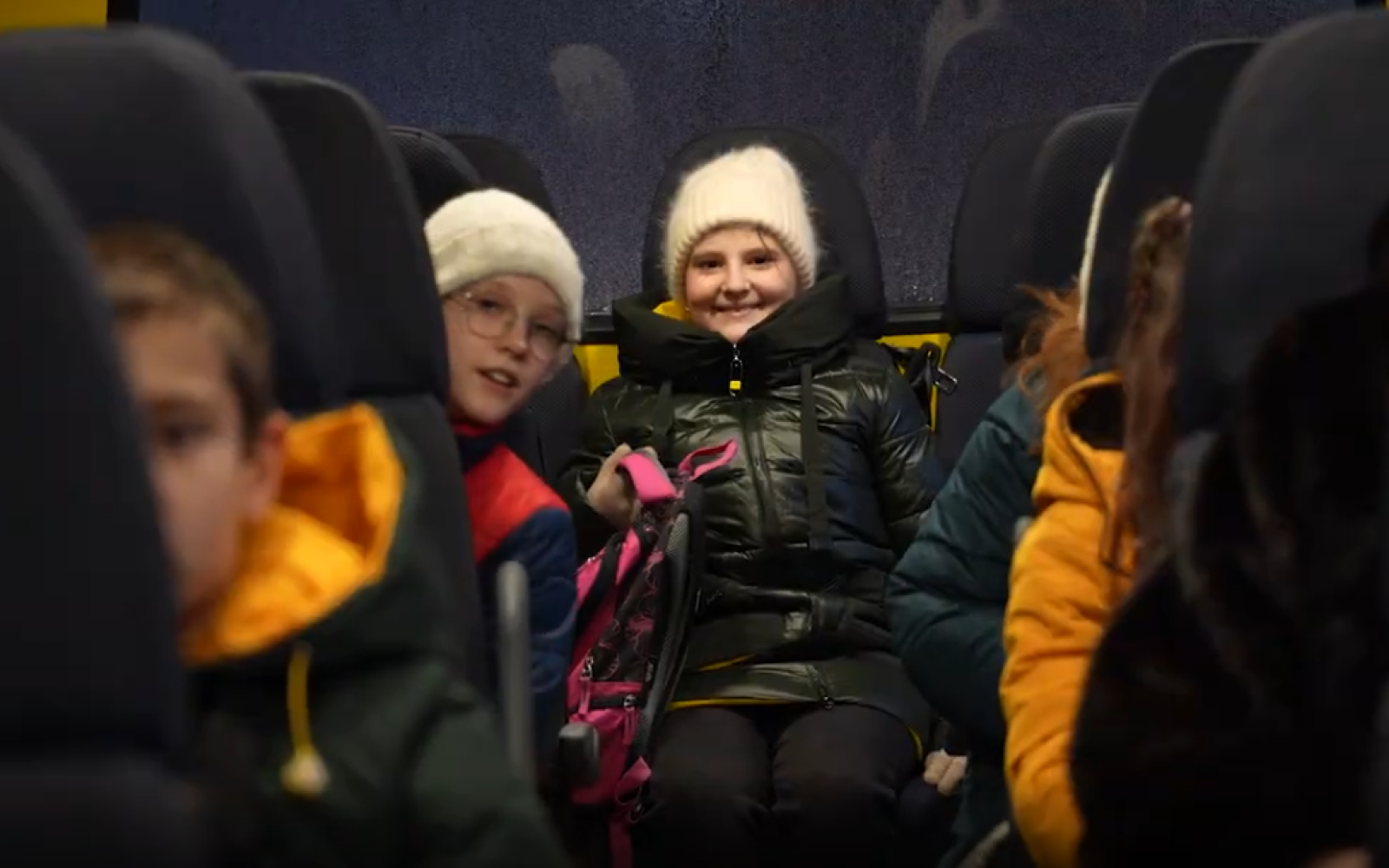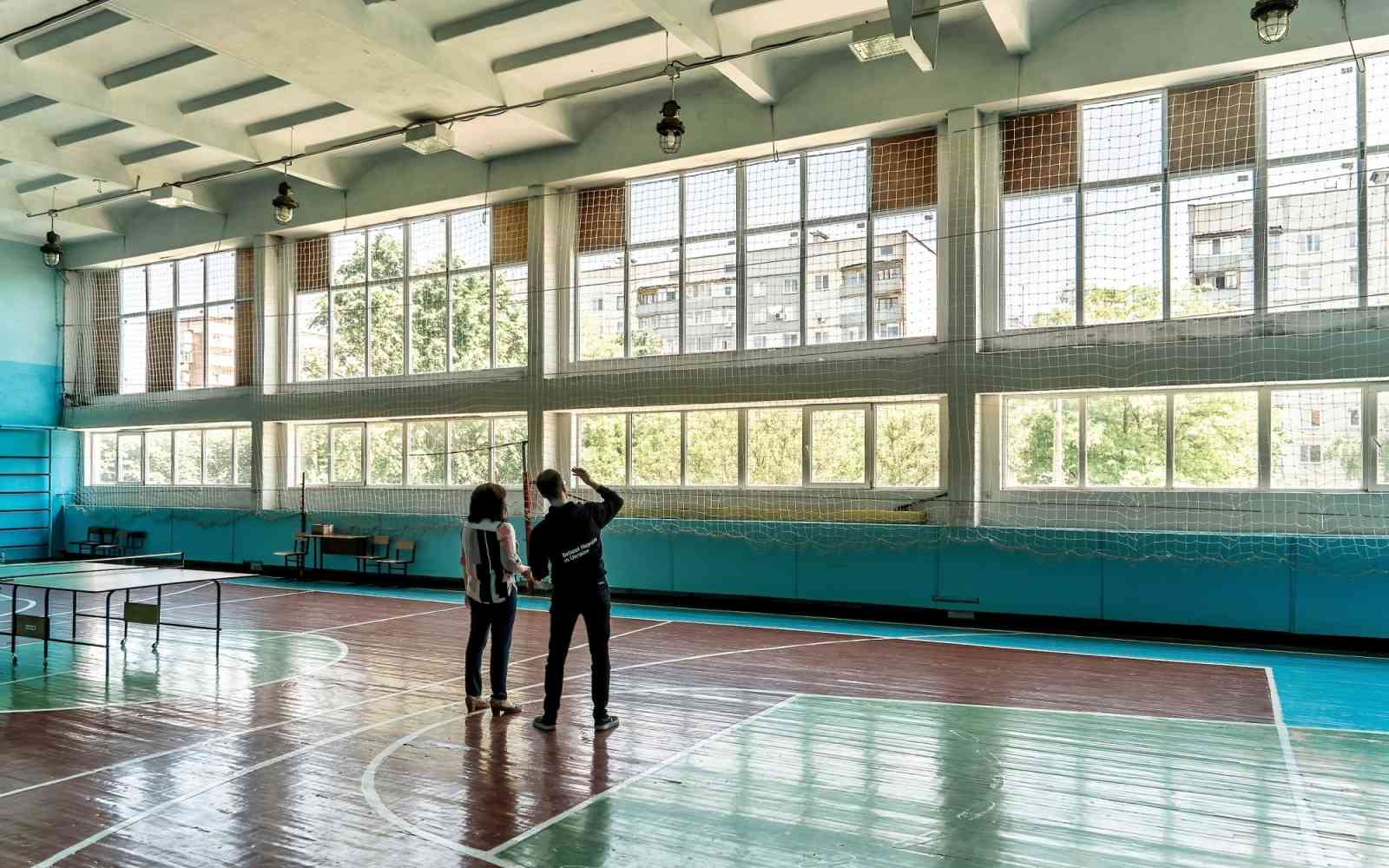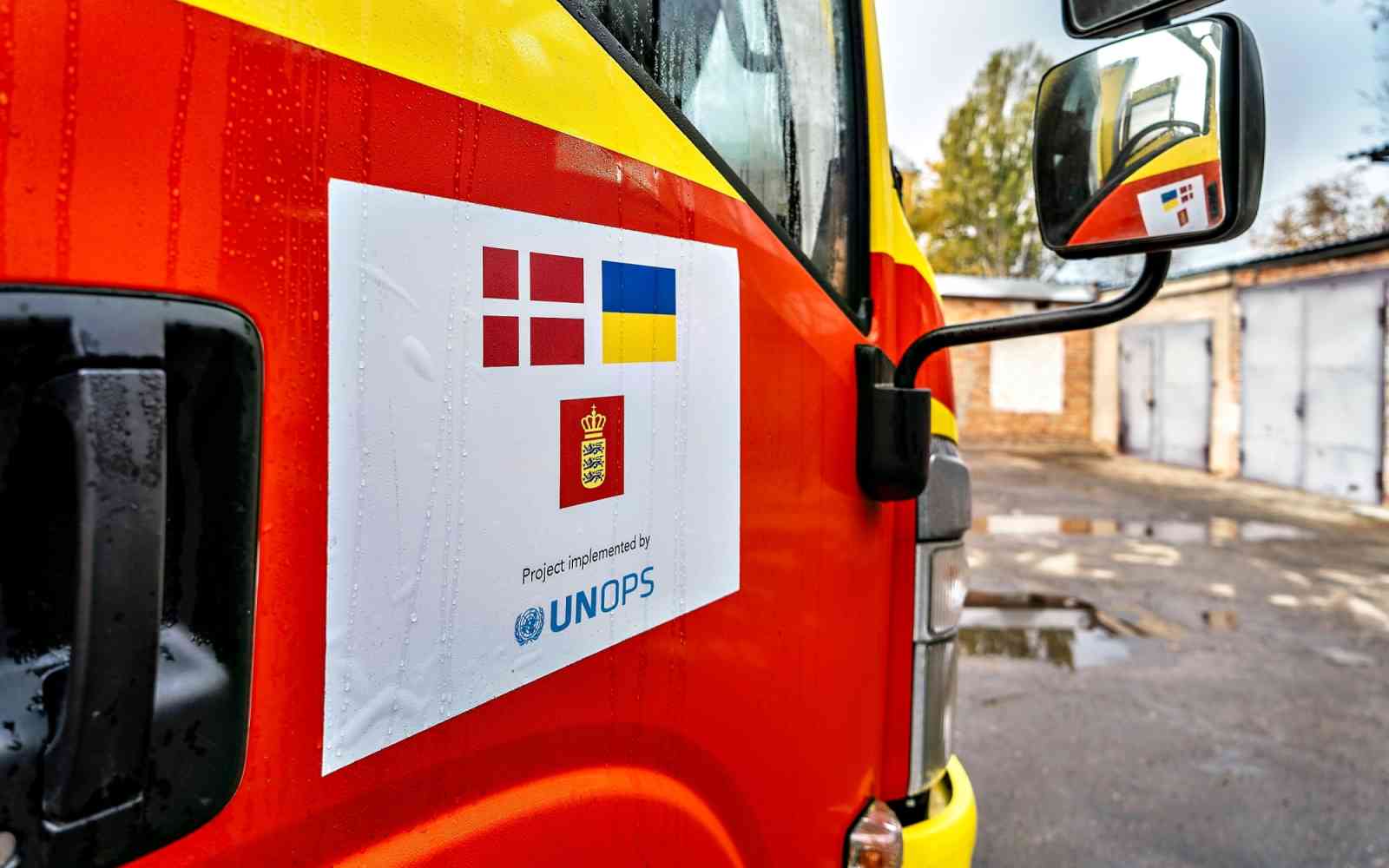The United Nations Office for Project Services (UNOPS)
Elevating higher education in Kosovo
A new Faculty of Mathematics and Natural Sciences Building at Kosovo’s* University of Pristina aims to reshape the educational landscape and the construction industry's approach to diversity and inclusion.

This article was originally published on 26 October 2023 and has been updated to reflect recent project developments.
Latest updates
December 2025
UNOPS has completed the final landscape design for the University of Pristina’s Technical Faculty Campus, and works on site have begun.
Developed in collaboration with students, academic staff, and the local community, the design features an accessible and sustainable outdoor environment with inclusive pathways, native tree planting, green study areas, and smart lighting and irrigation.
The landscape works are part of the construction project for the Faculty of Mathematics and Natural Sciences (FMNS), co-funded by the European Union (EU) in Kosovo, the University of Pristina, and the Ministry of Education, Science, Technology and Innovation.
September 2025
UNOPS handed over the detailed design for the new Faculty of Economics building to the University of Pristina, which will support improved conditions for 5,820 students and 112 staff members.
Developed under the FMNS project and co-funded by the EU in Kosovo, the University of Pristina, and the Ministry of Education, Science, Technology and Innovation, the design ensures a modern, sustainable, and inclusive facility.
May 2025
UNOPS hosted a site event at the University of Pristina’s new FMNS building, showcasing the construction progress and promoting best practices in sustainable and inclusive infrastructure.
Officials from the European Union and university leadership joined students and experts to explore key design elements, including environmental sustainability, gender inclusion, and health and safety standards.
February 2025
The EU increased its contribution to the FMNS project to a total of $12.9 million. This increased funding will further enhance the building’s research and learning capacities, supporting the University of Pristina’s goal of meeting European standards in higher education.
August 2024
The project received an additional $1.1 million in funding from the government of Kosovo. This brings the total project funding to $6.6 million. UNOPS is working with the government to use the additional funding to procure dedicated mobile equipment for faculty staff.
Co-funded by the European Union and the government of Kosovo and implemented by UNOPS, the project aims to improve quality standards in higher education and research capacities at the university. It will also help to address the broader infrastructure needs of the University of Pristina – with the FMNS and the Faculty of Economics currently operating in the premises of other faculties.
I hope that the foundation we are laying today will be a new page in the history of the development of the University of Pristina.
"The construction of the new FMNS building is a pivotal moment for the University of Pristina and for Kosovo as a whole. It is more than just a new building; it's a statement about the future of higher education and social equality in Kosovo,” explained Sabine Kania, Head of UNOPS Office in Pristina.
“The new facility addresses the urgent need for quality infrastructure that meets European norms and standards, and it will significantly improve the learning environment for our students," she added.
The project is also playing a transformative role in advancing gender equality. Leading the construction are engineers Verona Ymeri Hoxha and Besa Ajvazi Selimi, who have helped break down barriers and challenge stereotypes in a traditionally male-dominated field. The project has incorporated a range of building design elements that take into account the unique needs of its users. This will ensure the facility is an accessible, safe and inclusive learning environment for all students.
The building also incorporates a range of design features to ensure its environmental sustainability. These include effective rainwater management, insulation, and a solar energy system to reduce the facility’s carbon footprint and operational expenses. Innovative lighting is also used to promote a healthier and more productive learning environment.
"I believe the FMNS building will have a transformative impact on both students and the community. It will provide a valuable learning environment, equipped with cutting-edge technology and resources, enabling students to explore and excel in the fields of math and natural sciences,” said UNOPS project manager Verona Ymeri Hoxha.
This project has been developed by involving beneficiaries such as students and teachers in the design process at every stage. Their active involvement has been instrumental in shaping the building to meet their specific needs and preferences.
“The completion of the works in the new FMNS facility gives me great hope that future generations of students will receive training in a proper environment. This will enable them to develop into professional experts capable of solving problems in their respective fields, thereby contributing to the advancement of natural sciences and fostering overall development in our country,” said Professor Ferdije Zhushi, Faculty of Mathematics and Natural Sciences, University of Pristina.
*referred to throughout in the context of United Nations Security Council resolution 1244.













